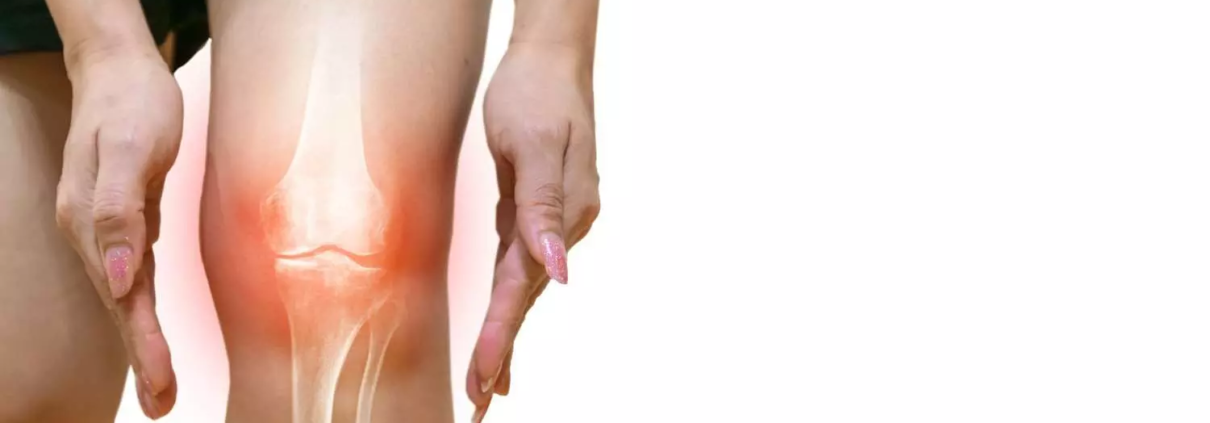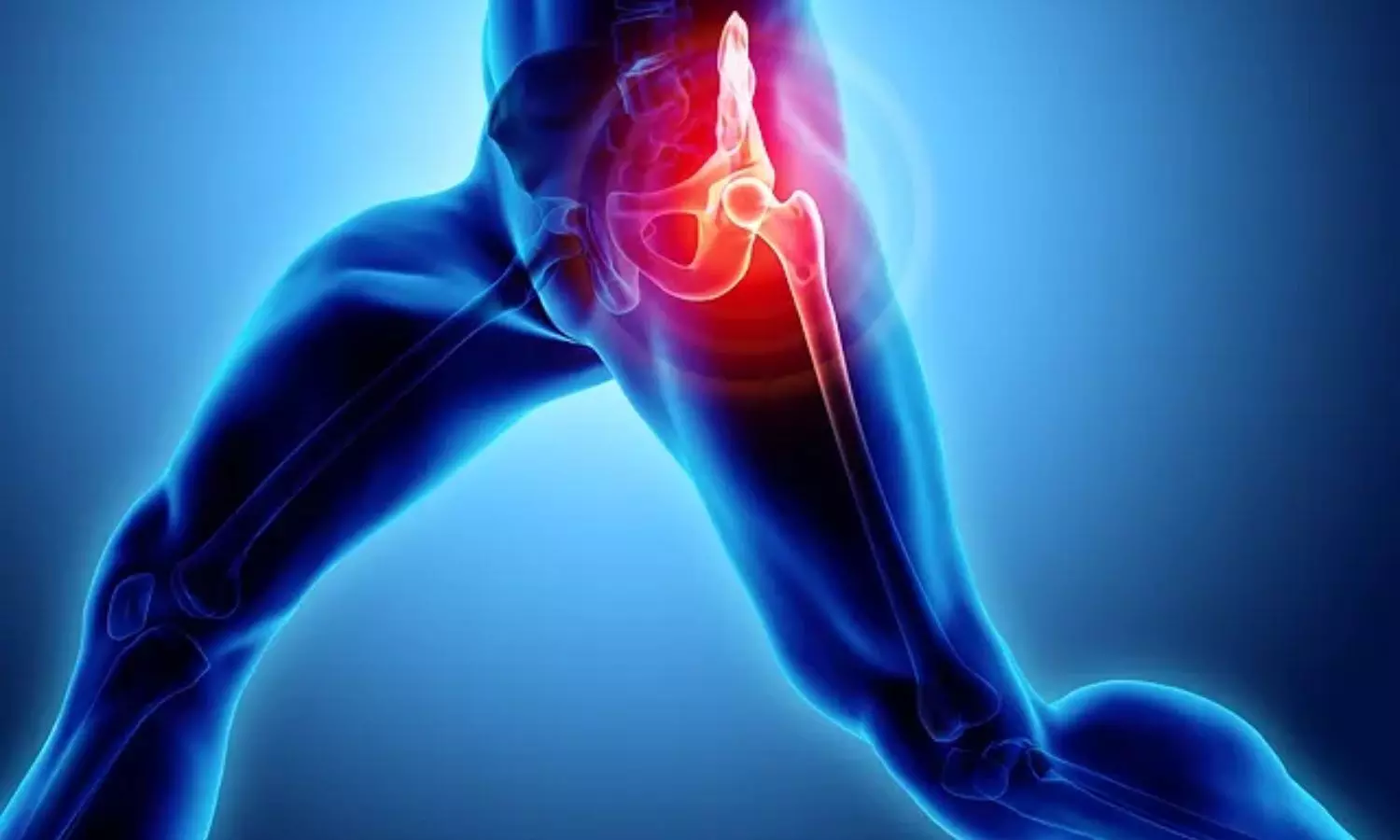Self-Administered Acupressure Reduces Knee Pain in Older Adults with Osteoarthritis, finds study

A new study has revealed that self-administered acupressure (SAA), when combined with brief knee health education, can significantly reduce knee pain in middle-aged and older adults suffering from osteoarthritis (OA). The study results were published in the journal JAMA Network Open.
The effectiveness of self-administered acupressure (SAA) for reducing pain in knee osteoarthritis (OA) among middle-aged and older adults has been largely unexplored until now. This research, which provides promising insights into non-drug treatments for knee OA, was carried out in Hong Kong from September 2019 to May 2022 among community-dwelling individuals aged 50 years and older. The randomized clinical trial involved 314 participants who were either assigned to an intervention group or a control group. The intervention group received two training sessions on how to perform acupressure on themselves and participated in a brief session on knee health education. They were instructed to practice acupressure twice daily over 12 weeks. Meanwhile, the control group received only the knee health education without the acupressure training.
The main measure of the study’s success was the change in participants’ knee pain, assessed using the numerical rating scale (NRS) at the 12-week mark. Secondary outcomes included assessments of physical mobility and quality of life through tools such as the Western Ontario and McMaster University Osteoarthritis Index, the Short Form 6 Dimensions (SF-6D), Timed Up and Go, and Fast Gait Speed tests.
Results at the end of the 12 weeks showed a notable reduction in knee pain for those in the acupressure group, with a mean decrease of 0.54 points on the NRS pain score compared to the control group, marking a significant improvement. Additionally, the SF-6D utility score, which measures aspects of health-related quality of life, also showed a slight increase, suggesting enhanced overall well-being. While the study did not find significant differences between the two groups in other physical mobility tests, the cost-effectiveness acceptability curve highlighted that the intervention has a more than 90% chance of being cost-effective, based on the willingness to pay a threshold of one Gross Domestic Product (GDP) per capita.
The findings of this trial suggest that self-administered acupressure, easily taught through short training sessions and practiced at home, could be an effective and affordable method to alleviate knee pain and improve life quality in those suffering from knee osteoarthritis. This could be particularly valuable for those seeking alternatives to medication for managing their condition.
Further reading: Yeung W, Chen S, Cheung DST, et al. Self-Administered Acupressure for Probable Knee Osteoarthritis in Middle-Aged and Older Adults: A Randomized Clinical Trial. JAMA Netw Open. 2024;7(4):e245830. doi:10.1001/jamanetworkopen.2024.5830
Facebook Comments




